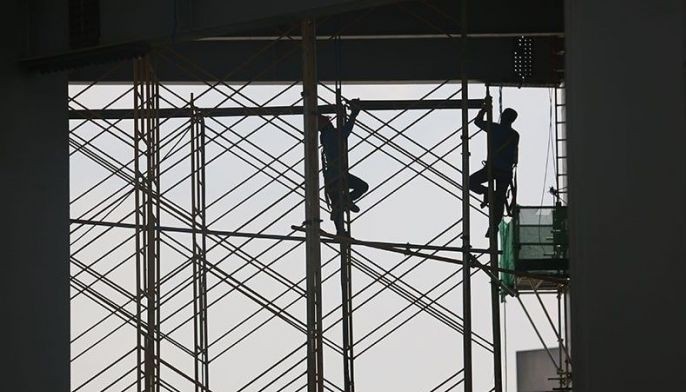MANILA, Philippines — The Philippine Competition Commission has charged Urban Deca Homes Manila Condominium Corporation and its parent 8990 Holdings, Inc. for abuse of dominance, marking the end of a months-long case against the mass-housing leader and the country's first abuse of dominance case.
Related Stories
The case dates back to March 27 when the PCC filed a "statement of objections" against Urban Deca Homes Manila Condominium Corp and 8990 Holdings Inc for its "abuse of dominance" after imposing its sole in-house internet service provider (ISP) "Fiber to Deca Homes" on its unit owners and tenants in nine of its projects. Residents claimed the ISP to be "slow, expensive, and unreliable."
According to an information module prepared by the PCC, "there is abuse of dominant position when an entity with a significant degree of power in a market engages in conduct that substantially prevent, restrict, or lessen competition."
Both firms were fined a total of P27.11 million that they have to pay within 30 days and were ordered to cease their admitted imposition, with any succeeding breaches subject to fines and further penalties.
In a statement, PCC Chairman Arsenio Balisacan hailed the closure as a "landmark case" for its success in ceasing an anti-competitive practice and restoring competition as well as it being an "example [for detering] other businesses from employing similar exclusive dealings"
"This act of abuse of dominance limits the choices made available to residents and is a violation of the competition law," Balicasan said in late March after the statement was filed.
On its official website, 8990 Holdings claims the title of "No. 1 Mass Housing Developer in the Philippines." The company was named the country's top property developer in terms of takeout value from the Home Development Mutual Fund (HDMF), commonly known as the Pag-IBIG Fund.
'A warning to businesses that abuse market power'
For Balicasan, the case should serve as a precedent to similar cases in the future, as it "shows that the PCC is serious about addressing anti-competitive practices that have long been considered par for the course in different industries."
"Let this be a warning to businesses that abuse their market power by elbowing out competitors for their own gain," Balisacan said.
Abuse of dominance is in direct violation of Section 15 of the Philippine Competition Act, which prohibits exploitative and exclusionary conduct that substantially lessens competition. The section prohibits "barriers to entry [or] acts that prevent competitors from growing within the market in an anti-competitive manner" among other acts.
Under the law, abuse of dominance is penalized with a fine of up to P100 million for the first offense.
Competition in the private sector is also explicitly mentioned in the 1987 Constitution as a state policy in Article II, Section 20 which provides that “[t]he State recognizes the indispensable role of the private sector, encourages private enterprise and provides incentives to needed investments.”
Antitrust laws prohibiting unfair competition and artificial restrictions on trade and free market competition exist in the country, although the body of the law is still not as developed as its counterparts.
The State's prohibitions are later on outlined in Article XII, Section 19, which says that “[t]he State shall regulate or prohibit monopolies when the public interest so requires. No combinations in restraint of trade or unfair competition shall be allowed.”
According to their official website, the PCC is an "independent quasi-judicial body" created to ensure, promote and maintain fair market competition "by regulating anti-competitive conduct."
"Unscrupulous businessmen can only expect the PCC to pursue more cases of a similar nature in the future," Balicasan said.


